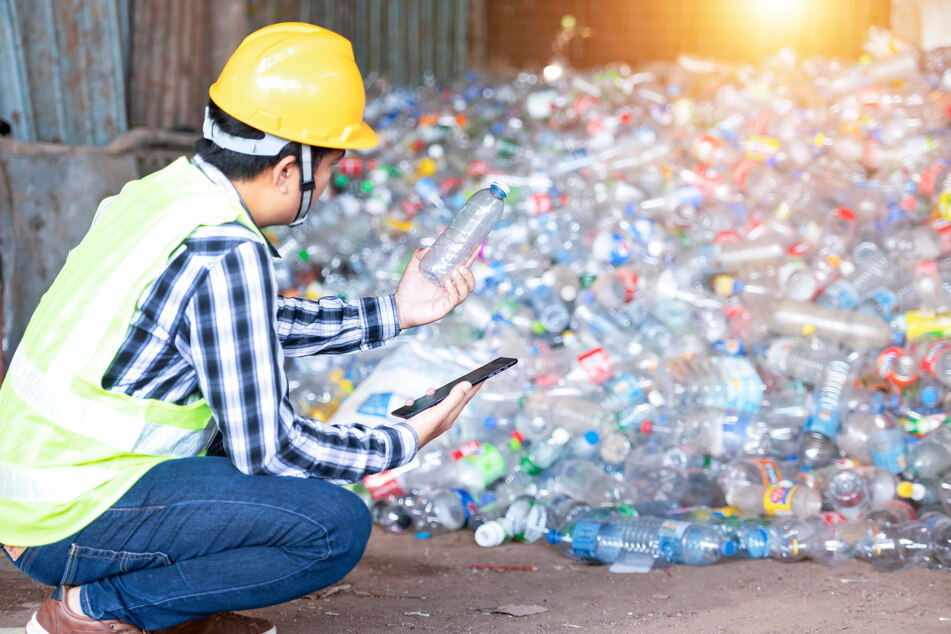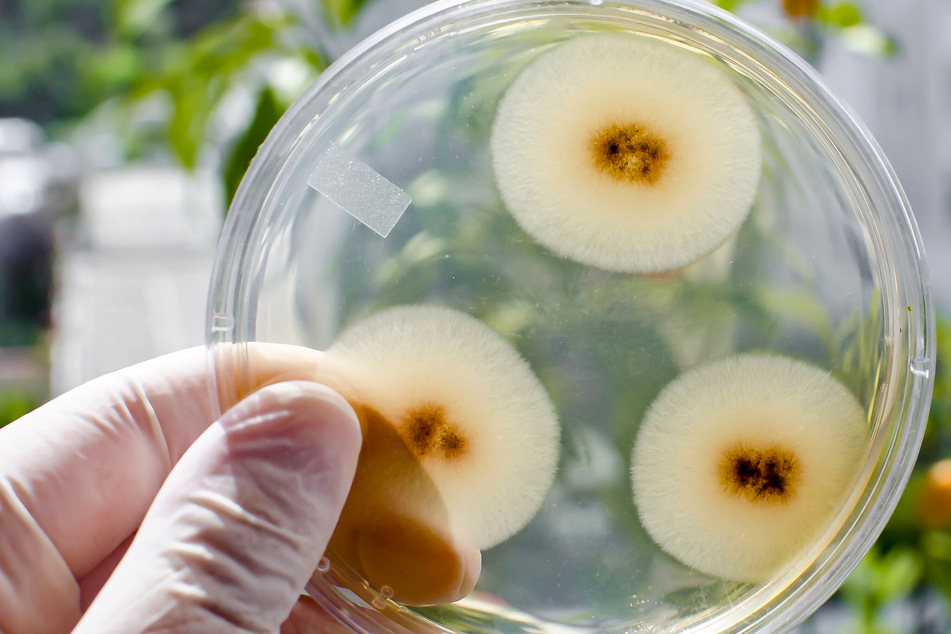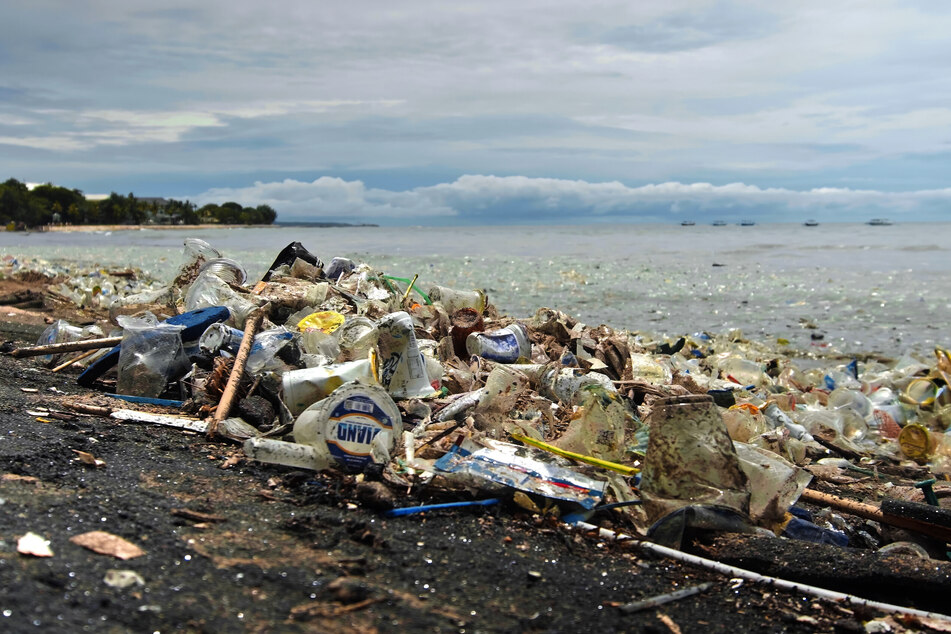Earth Day dive: Is the secret weapon to chowing down on pollution in your own backyard?
Sydney, Australia - It takes about 450 years for a standard plastic bottle to decompose into microplastic particles. Yet researchers have now discovered mold that is said to take only about 140 days to break down plastics – and can thrive in any garden or backyard! It could be a key to help with recycling and the huge strain on the environment.

Plastic pollution is one of the world's biggest problems.
Plastic packaging is mass-produced, but often used only once and then thrown away. But it doesn't just disappear - it continues to exist somewhere, sometimes for hundreds of years, until it decomposes into tiny particles.
Scientists at the University of Sydney, however, have now discovered that there are molds commonly found in plants and soil that can break down plastic.
Two types of fungi, Aspergillus terreus and Engyodontium album, take about 140 days to completely break down plastics. The former is common around the world and can thrive virtually anywhere.
Could the mold be the solution to plastic-related pollution, and be right under our noses? No other agent is known that can degrade plastics at such a rate.
"It's the highest degradation rate reported in the literature that we know in the world," Ali Abbas, a professor of chemical engineering at the University of Sydney, told the Australian Broadcasting Corporation (ABC).
Plastic production is likely to be tripled by 2050

The news of the plastic-eating mold gives researchers hope after a Greenpeace report last year further showed that most of the US' recycled plastic ends up in the ocean, inside animals, landfills, the atmosphere, and even our foods - harming the environment rather than being reused.
Only 5% is actually said to find new life as a recycled product.
According to Lisa Ramsden, senior plastic campaigner for Greenpeace USA who has spoken out against our planet's plastic pollution, plastic production is expected to triple by 2050.
"More plastic is being produced, and an even smaller percentage of it is being recycled," Ramsden said.
"The crisis just gets worse and worse, and without drastic change will continue to worsen as the industry plans to triple plastic production by 2050."
While some world leaders are hatching new plans to solve the crisis, plastic-decomposing fungi have great potential to counteract the growing environmental crisis caused by plastic waste. The University of Sydney researchers are now working to get them ready for commercial use.
It's likely that as the technology is developed, it could be used in municipal waste management facilities, for example.
How can we step up the plastic pollution fight?

But miracle mushrooms and new technology alone cannot solve the problem, according to Professor Abbas.
"We can't afford to wait, we do need to act," he told ABC, adding that it is important that we work on our own consumption behavior, and create awareness socially as well.
"We need the behavioral issues, we need the social issues, we need the business issues, all of these need to be resolved around the plastics problem. The technology is only half the solution."
In addition to Sydney, researchers are continuing to find solutions for more plastic-eating compounds to fight the good fight against pollution.
Cover photo: Bildmontage: 123RF/somchai20162516, 123RF/drmicrobe

